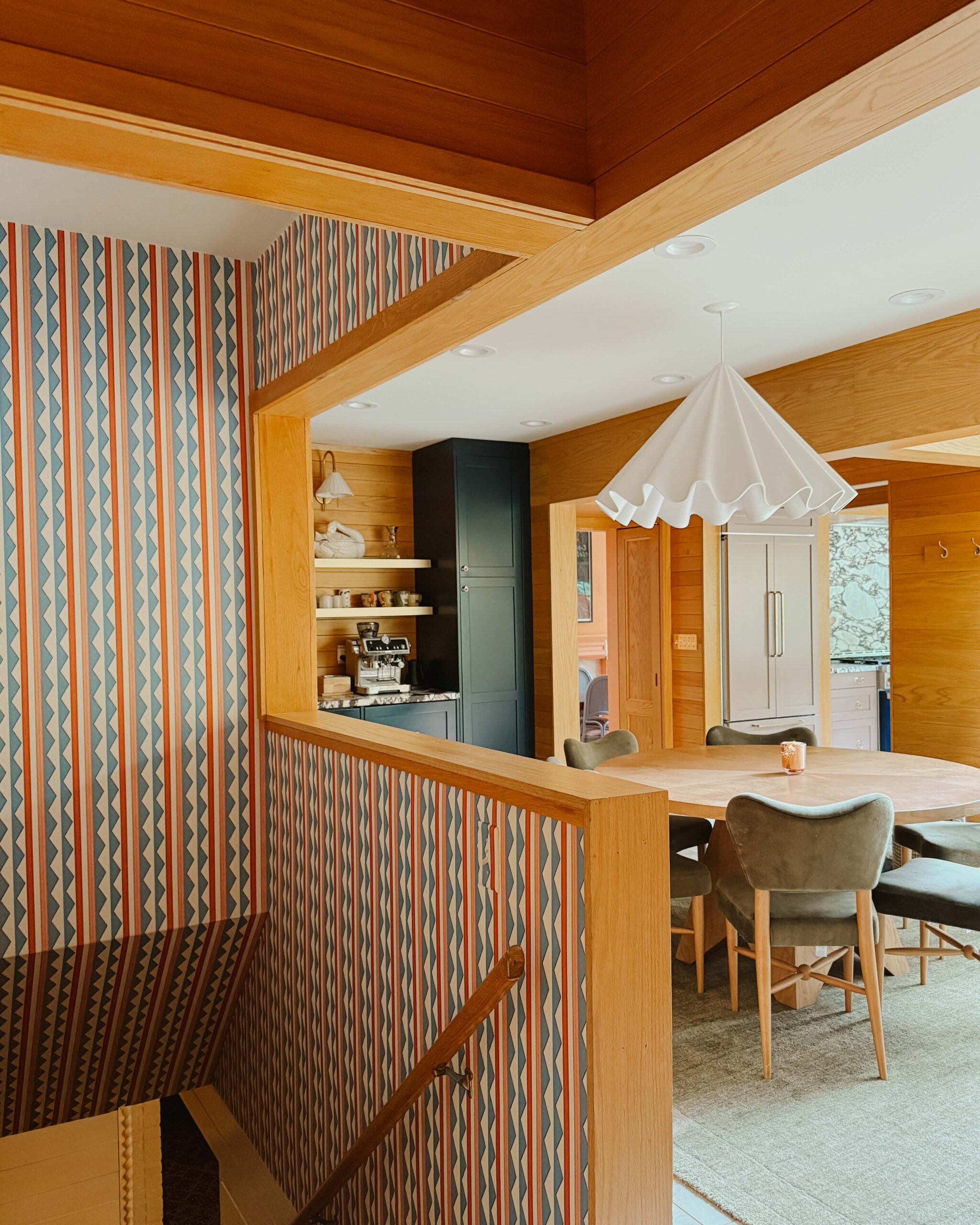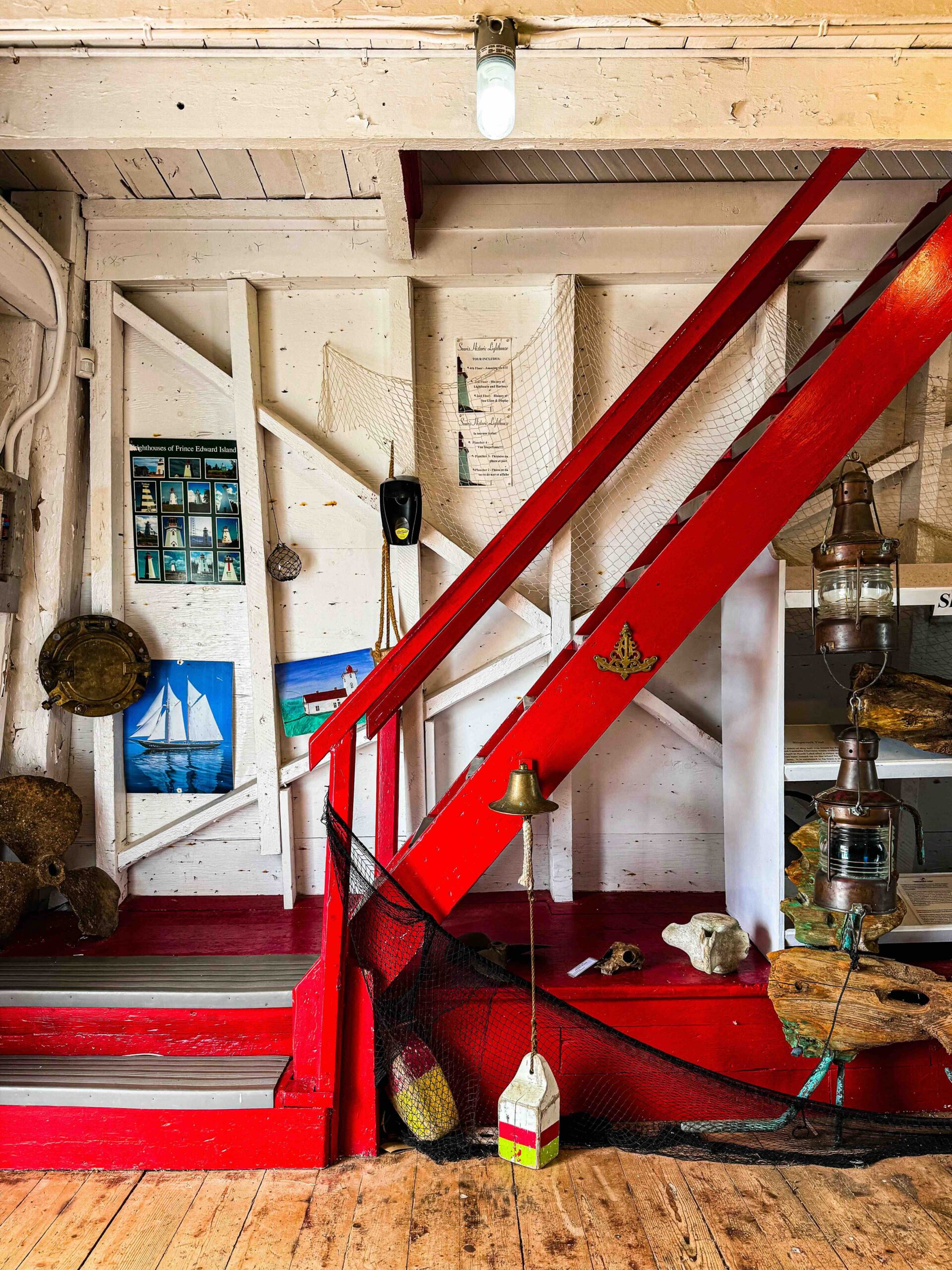

Note: This article contains mention of alcoholism and addiction. If you or someone you know is struggling with substance abuse, please call the SAMHSA (Substance Abuse and Mental Health Services Administration) Helpline at 1.800.662.HELP (4357). Additional resources are listed below.
I had my first taste of alcohol when I was probably five or six. I accidentally grabbed my dad’s “soda,” which was, in actuality, a mighty robust Crown Royal and Pepsi.
I started working at a movie theater in high school when I was about seventeen; this is when I first started consciously drinking. Weekends were filled with Mickey’s ice bombs and smoking clove cigarettes on the roof with coworkers.
College was, as it often is, a wholly new experience, where all activities revolved around drinking. We’d pregame before going out, binge drink, and postgame until we passed out.
In my twenties and thirties, the drinking continued, at what I now realize, looking back, was an alarming rate. House parties transitioned into dinner parties. The beer, wine, and liquor were abundant, as were the one-night stands and mornings trying to remember just what had happened the night before.
This is how grown-ups lived, right?
Work set a new bar (literally and figuratively) when I started working in advertising; the abundant drinking displayed on Mad Men wasn’t far from my reality. My weeks and months were filled with boozy client lunches, happy hours, agency events, and work travel. My early thirties were a whirlwind of mild to vomit-the-next-day-in-the-bathroom-at-work severe hangovers, and of learning the fine art of holding a conversation while being “business drunk.”
I used alcohol to be social. It gave me the confidence to talk to men, to feel bold, unstoppable, and sexy. When I’d go to parties, alcohol was the social lubricant I’d use to meet new people and make small talk tolerable.
I used alcohol to be social. It gave me the confidence to talk to men, to feel bold, unstoppable, and sexy. When I’d go to parties, alcohol was the social lubricant I’d use to meet new people and make small talk tolerable. As I got older, drinking was a part of the “work hard, play hard” culture I fully embraced.
Drinking was a focal point in my life—happy hours, birthdays, celebrating wins, and drowning sorrows in losses, until, that is, I got pregnant.
While attending one of those legendary, boozy agency parties, I twisted my ankle. I ended up in urgent care the following morning. I can only imagine what the nurse thought when she delivered the news to the newly expectant parents, both hungover, smelling of cigarettes and alcohol, covered in glitter.
Friends knew I was pregnant before I announced it because I had stopped drinking. It was so out of character for me to NOT be drinking that something had to be up.
In the middle of my first pregnancy, I realized I couldn’t remember the last time I hadn’t woken up feeling even a little hungover.
I abstained during all three of my pregnancies, and for much of the first years of their lives. Now that my youngest child is a year and a half, I’ve noticed how that old “I need a drink” feeling has come back. The craving of that beautiful, terrible loss of control that hits right around that fourth glass of wine. I missed what alcohol could do; what it could make me feel.
That feeling made me start questioning whether or not I had a problem with alcohol. I’ve always told myself that I was fine, that there was no problem. I still got up every day and went to work; I still got up every day and took care of my kids. I didn’t have a capital “A” Addiction.
Growing up, I knew the ugly face of addiction. I vowed to never repeat the habits and behaviors that made life so stressful when I was younger. My drinking has never cost me a relationship or led to stealing or otherwise hurt others. I’m fine. I’m just blowing off steam. So what if I don’t remember all the details from the night before?
My husband and I both grew up in households with substance abuse, where weekends were spent at Family Day in treatment. We grew up listening to arguments and finding parents passed out. This is not the future I want for myself or my children.
At the end of the day, I realized, I didn’t know how to have just one drink.
I’m not one for finalities or black and white declarations. I’m not ready to be entirely sober, to abstain from alcohol for good. I’ve cut back. I’m consciously considering occasions and whether I actually want a drink, or if it’s “expected” that I drink to be social.
I’m not ready to be entirely sober. To abstain from alcohol for good. I’ve cut back. I’m consciously considering occasions and whether I actually want a drink, or if it’s “expected” that I drink to be social.
Perhaps this metering out of drinks and justification is an actual sign of a full-blown addiction. Or maybe it’s not.
Right now, I know I feel more in control of my actions and that at the end of the day, I see the difference between wanting and needing a drink.
I’m desperately longing for a tidy way to wrap up my story, to tie all the loose ends together and ride off into the sunset. But there isn’t that ending. Not yet. What’s left is a future where I have to hold myself accountable for my actions, sober or not. What remains is the question of whether or not I can look my kids, my husband, and most importantly, myself, in the eyes the morning after.
Life is a continual series of ups and downs, successes and failures; I’m taking my “mindful drinking” journey case by case. Rather than immediately reaching for the wine at the end of a long day, I’m pausing and asking myself if I really want it. I know all too well that this method does not work for everyone, and that sobriety is damn hard work. Still, this process of checking in and evaluating the situation is what works for me right now. Sober curious or not, we’re all doing our best, and sometimes taking things one day at a time is exactly what our best looks like.
Resources
If you are dealing with addiction, please reach out to one of the resources listed below.
Alcoholics Anonymous (AA)
212–870–3400 or check your local phone directory under “Alcoholism”
Crisis Text Line
Text HOME to 741741 to text with a trained crisis counselor (free, 24/7)
SAMHSA Treatment Referral Helpline
1.800.622.HELP (4357)
Women for Sobriety
215–536–8026
Al-Anon Family Groups (help for families and friends of alcoholics)
1–888–425–2666 for meetings
Additional resources can be found on the National Institute on Alcohol Abuse and Alcoholism website.


When she’s got a break from the care and feeding of her three small children, Bridgette enjoys trivia nights, entertainment or history-related podcasts, reading “light” nonfiction (and the occasional thriller), and binge-watching television with her husband.
BY Bridgette Dutkowski - March 19, 2020
Most-read posts:
Did you know W&D now has a resource library of Printable Art, Templates, Freebies, and more?
take me there
Get Our Best W&D Resources
for designing a life well-lived




Thank you for being here. For being open to enjoying life’s simple pleasures and looking inward to understand yourself, your neighbors, and your fellow humans! I’m looking forward to chatting with you.
Hi, I'm Kate. Welcome to my happy place.















Hi Bridgette, thanks for this heartfelt and honest post. I’m about halfway through reading “Quit Like a Woman” by Holly Whitaker and I highly recommend it. I stumbled across it on the shelf and then got it from the library. I wasn’t consciously “sober curious” but I realize that I’ve been gravitating toward sobriety/nondrinking stories for months now. Quit like a woman is changing everything. It’s about letting go of the “capital A” connotations/rationalizations (which resonate so deeply with me because of my family’s history of addiction and alcoholism) and embarking on a path of integrated healing that addresses our… Read more »
Thanks, Jess. This was easy to write, but hard to share.
Erin, who also works at W&D, also recommended Quit Like a Woman, I’ll have to check it out.
Thank you so much for sharing, this is such an under talked about topic in our society but so prevalent, i really appreciate the bravery it took to write this.
Kelly, thank you for the kind words. I was really hesitant to publish this, out of fear of being judged. Thank you for your support.
The real voyage of discovery consists not in seeking new landscapes, but in having new eyes.
Powerful. My husband has been sober 4 years and has similar story in regards to how having a drink was woven into almost every part of his life. I admire anyone who can evaluate their own behaviors and consider alternatives. So many people aren’t ever able to come that far. Props.
Thanks, Amanda. My husband’s experience is similar with regards to growing up with parents that faced addiction issues, but his relationship with drinking is much different than mine. It’s interesting how personal the relationship is to addiction and how much it can differ from person to person.
Congratulations to your husband! Four years is quite an accomplishment.